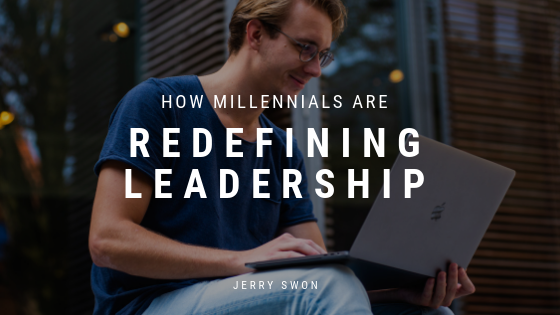In the past few years, more and more millennials have been filtering into the workforce and taking over leadership roles. By 2030, all of the baby boomers will have reached retirement. With so many people resigning from the leadership positions, it creates an opening for millennials.
Although millennials will be taking positions of baby boomers, they will not be adopting the same leadership style.
The days of an infallible and intimidating CEO will be gone as Millenials find value in leaders who demonstrate softer skills over industry knowledge. The millennial leader is constantly looking for ways to learn to improve. They are able to recognize their strengths and aren’t afraid to admit their weaknesses.
For example, Brian Chesky, one of the three Airbnb’s co-founders, is said to be constantly asking questions, taking notes, and finding any way that he can improve himself as a leader. Before taking on his CEO role at Airbnb, Chesky had no business experience, but he committed to the challenged. Chesky wasn’t afraid to ask questions and learn from the experts around him.
Rather than focusing on structure and hierarchy, Millenias leaders are leaning more towards collaboration and flexibility. Where baby boomers are strict on regulations and policy, Millennial leaders are straying away from an environment that forces too much rigidity on employees. Millenials leaders are expected to adjust policies when needed to add value to the work environment, not take away value.
When Spotify, a Swedish music streaming company, first started out, they found that the original Scrum framework was not working for the company. Upon this revelation, the company created a new structure called “Squads”. Many modern-day companies are now adopting a similar structure to offer more flexibility.
Compared to Baby Boomers, Millennials are less focused on the typical reasons behind the pursuit of leadership. Rather than seeking out leadership for financial gain or legacy, millennials believe that the true pursuit of leadership is to empower others. Millennial leaders are moving towards a more collective leadership where they can help to empower employees. Pete Cashmore, the founder of Mashable, shares the same perspective and explains that the best work from employees is exhibited when employees are guiding themselves.
In today’s workforce, the line between work and personal life is becoming more blurred. Due to this, the importance of values is more important than ever. When millennials look for jobs, they are looking for organizations whose values align with their own as to not sacrifice who they are outside of work. This had made many companies lead with purpose and make social value a higher priority. Jessica Alba’s company, the Honest Company, attracts employees due to their stance on promoting ethical and non-toxic products. Her focus on values is one of the reasons for the company’s success.
As millennials enter more leadership positions and baby boomers leave, we will see the definition of leadership be redefined in a positive way.

